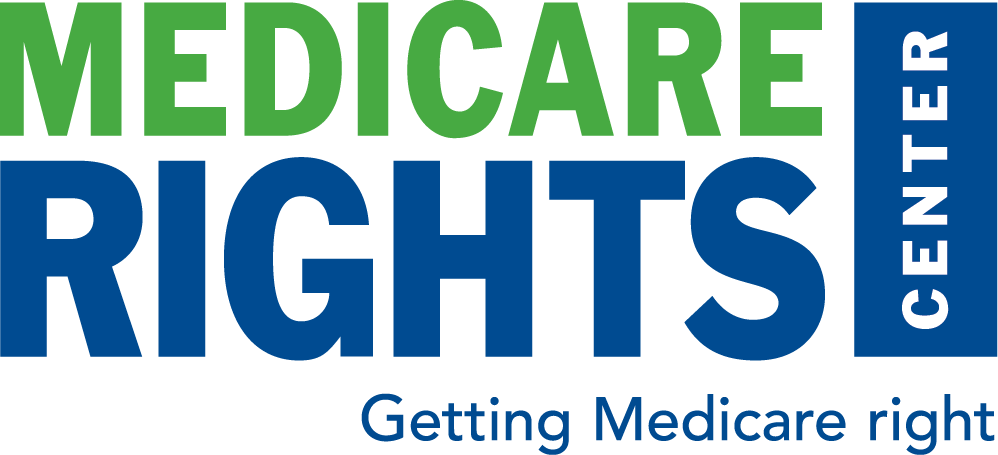Federal Government Shutdown Resolved, but Key “Health Extenders” Are Not
- By Lindsey Copeland
- January 25, 2018

Funding for the federal government lapsed last Saturday after the Senate rejected a four-week funding measure. Most Senate Democrats and some Republicans voted against the bill. At issue for most was how to proceed on a permanent fix for the Deferred Action for Childhood Arrivals (DACA) program.
After three days of negotiations, Congress ended the shutdown on Monday by passing a short-term bill called a Continuing Resolution (CR), which will fund the federal government through February 8th. As part of this deal, Congress reauthorized the Children’s Health Insurance Program (CHIP), which provides affordable health coverage for over 9 million children—many of whom have family members with Medicare.
However, what’s not in the agreement is also important. It did not resolve the debates that largely contributed to the shutdown, including DACA and immigration, full-year federal funding, and relief from budget caps. Nor did it address several expiring or lapsed issues—specifically, health extenders—that are important to people with Medicare.
Lawmakers are now engaged in bipartisan, bicameral negotiations in hopes of reaching agreement on many of these outstanding policies before the current CR expires. With a larger budget deal unlikely by then, another short-term funding measure is expected early next month. It is not yet clear what additional legislative items may be included in the forthcoming package.
This week, the Medicare Rights Center and the Center for Medicare Advocacy urged Congress to prioritize older adults and people with disabilities by attaching health extender legislation to the next CR. Specifically, we support using this opportunity to fully repeal the Medicare therapy caps and extend funding for community-based organizations that provide outreach and benefits enrollment to low-income Medicare beneficiaries. If these policy gaps are not addressed soon, people with Medicare will face increased costs, reduced access to care, and decreased health and economic security. Congress must act without delay to protect and strengthen Medicare by funding and enacting permanent solutions for these vital policies.
Medicare Rights also supports the inclusion of the Beneficiary Enrollment Notification and Eligibility Simplification (BENES) Act (S. 1909; HR 2575) in the CR or any other legislative vehicle that addresses our Medicare or federal funding priorities.
Read our joint statement with the Center for Medicare Advocacy.
Read more about the BENES Act.
This article made possible by generous support from the Retirement Research Foundation.
The Latest
Most Read
Add Medicare to Your Inbox
Sign up to receive Medicare news, policy developments, and other useful updates from the Medicare Rights.









